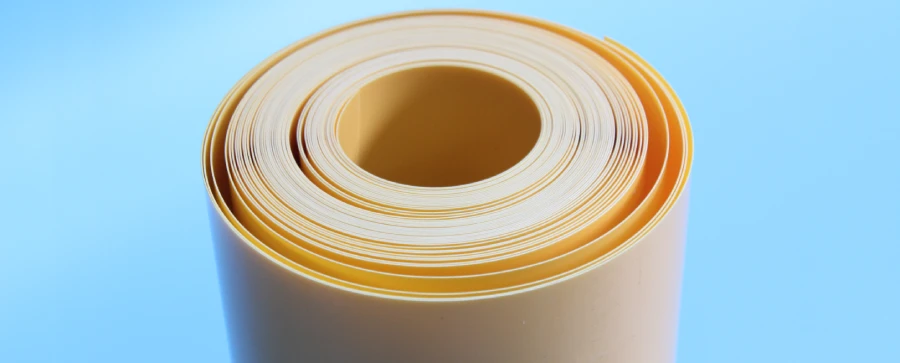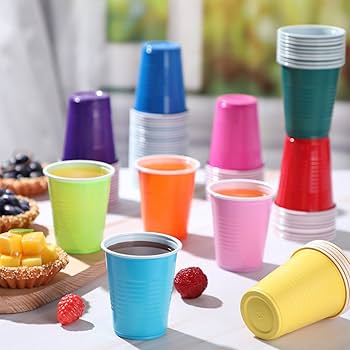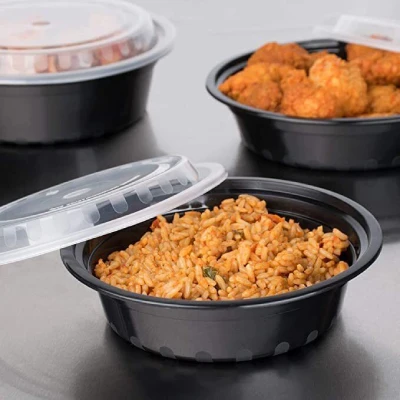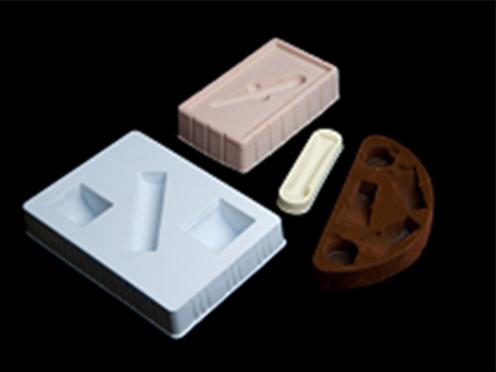Parlez-moi de la feuille de thermoformage PP que je connais

As a material widely used in packaging and manufacturing, polypropylene (PP) plastic sheet stands out for its unique physical and chemical properties and processing advantages. The following are several notable features of PP plastic sheet:
1. Excellent physical properties
Lightweight: The density of PP is lower than that of other common plastics (such as PE, PVC, etc.), which significantly reduces the overall weight of the product while ensuring strength. This feature makes PP sheet more efficient in transportation and storage, especially for disposable products and food packaging.
High toughness and impact resistance: PP plastic shows good toughness when subjected to external forces, can effectively absorb impact and prevent breakage. This feature enables PP sheet to provide reliable protection in various applications, such as packaging containers and industrial parts.
2. Good thermal performance
Heat resistance: PP plastic has good heat resistance and can maintain its shape at high temperatures without softening or deformation. It is suitable for applications in high temperature environments such as microwave ovens and dishwashers.
Thermoforming performance: PP sheet performs well in the thermoforming process and is easy to form and process. Studies have shown that PP has moderate melting and molding temperatures, and can quickly adapt to the needs of different molds.
3. Chemical stability
Excellent chemical resistance: PP has excellent tolerance to a variety of chemicals (such as acids, alkalis and organic solvents), making its application in medical, food and industrial fields safer and more reliable. This chemical stability ensures the functionality of packaging materials and the effectiveness of products.
4. Environmental protection and recyclability
Recyclability: PP is a recyclable material that meets the current requirements of sustainable development. Its recycling process is relatively simple, and new PP products can be manufactured through reprocessing to reduce environmental pollution.
Low environmental impact: Compared with some plastics, PP has less impact on the environment during production and use, and relatively less harmful gases are generated during combustion.
5. Excellent processing adaptability
Diverse processing methods: PP sheets can be processed by injection molding, extrusion, thermoforming and other methods, and have good processing adaptability. This flexibility enables PP to meet the diverse needs of different industries and products.
Surface treatment and printability: PP sheets have good surface adhesion and are suitable for various printing and surface treatments, which provides more possibilities for brand customization.
Application of PP plastic sheet in thermoforming packaging
Polypropylene (PP) plastic sheet has been widely used in thermoforming packaging due to its advantages of lightness, strength and recyclability. Its main applications include food packaging, pharmaceutical packaging and protection of industrial products.




Emballage alimentaire : PP thermoforming sheet is widely used in food packaging such as frozen food, cooked food, ready-to-eat meals and disposable tableware due to its good chemical stability and moisture resistance. Its high temperature resistance enables it to withstand food heating and freezing processes, ensuring the freshness of food during transportation and storage
Emballage médical : In the pharmaceutical industry, the non-toxicity and biocompatibility of PP sheet make it an ideal choice for packaging of drugs and medical devices. It can effectively prevent external contamination and protect the effectiveness and safety of products.
Industrial packaging: PP thermoforming sheet also has important applications in the protective packaging of electronic products, home appliances and other industrial products. Its high strength and impact resistance can effectively protect the safety of products during transportation.
Current situation
Market demand growth: With the increase in global demand for convenient food and fast-moving consumer goods, the PP thermoforming packaging market continues to grow. At the same time, consumers’ attention to environmental protection and sustainable products has prompted companies to seek recyclable material solutions.
Technological progress: Advances in thermoforming technology have made the processing of PP sheets more efficient and economical. The use of new equipment has improved production efficiency and reduced energy consumption. Enterprises have gradually adopted intelligent and automated technologies in the production process, which has improved production flexibility and product quality.
Environmental regulations: The increasingly stringent regulations on the use of plastics in various countries have promoted the research and development of degradable and recyclable materials. As a recyclable material, PP has gradually received policy support and has broad market prospects.
Future development
New material research and development: Future research will focus on the improvement of PP materials, such as enhancing its barrier properties, high temperature resistance and antibacterial properties to meet more stringent food safety standards and market demand.
Sustainable development: With the increase in environmental awareness, the development of degradable PP composite materials will become a research hotspot. This will make the application of PP in thermoforming packaging more environmentally friendly and in line with the goal of sustainable development.
Intelligent production: In the future production process, intelligence will become the main trend. Use Internet of Things (IoT) and artificial intelligence (AI) technologies to improve production efficiency and product quality, while achieving real-time monitoring and optimized management.
Market expansion: With the change of consumption trends, the application of PP thermoforming packaging in emerging markets (such as e-commerce, cold chain logistics, etc.) will be further expanded, promoting the innovation and application of PP materials in different fields.
Nouvelles relatives
- Application Cases of PS Plastic Sheets in Thermof…
- Today’s shipment: Antistatic PP plastic she…
- Cas d'application de la feuille de plastique PP antistatique &...
- Livraison du jour : 20 tonnes de plastique PET...
- Plaque plastique PS blanche thermoformée gobelet de yaourt te...
- Cas : Application de la thermoformeuse de feuilles de plastique PP...
- Feuille transparente en PET cas d'application : utilisée pour m...
- Joyeux Noël, chaleureuses bénédictions de PULIXIN
- Réunion de formation sur la production de feuilles de PP et PS li...
- Cas d'application de la feuille de PP : choix idéal pour le riz ...
